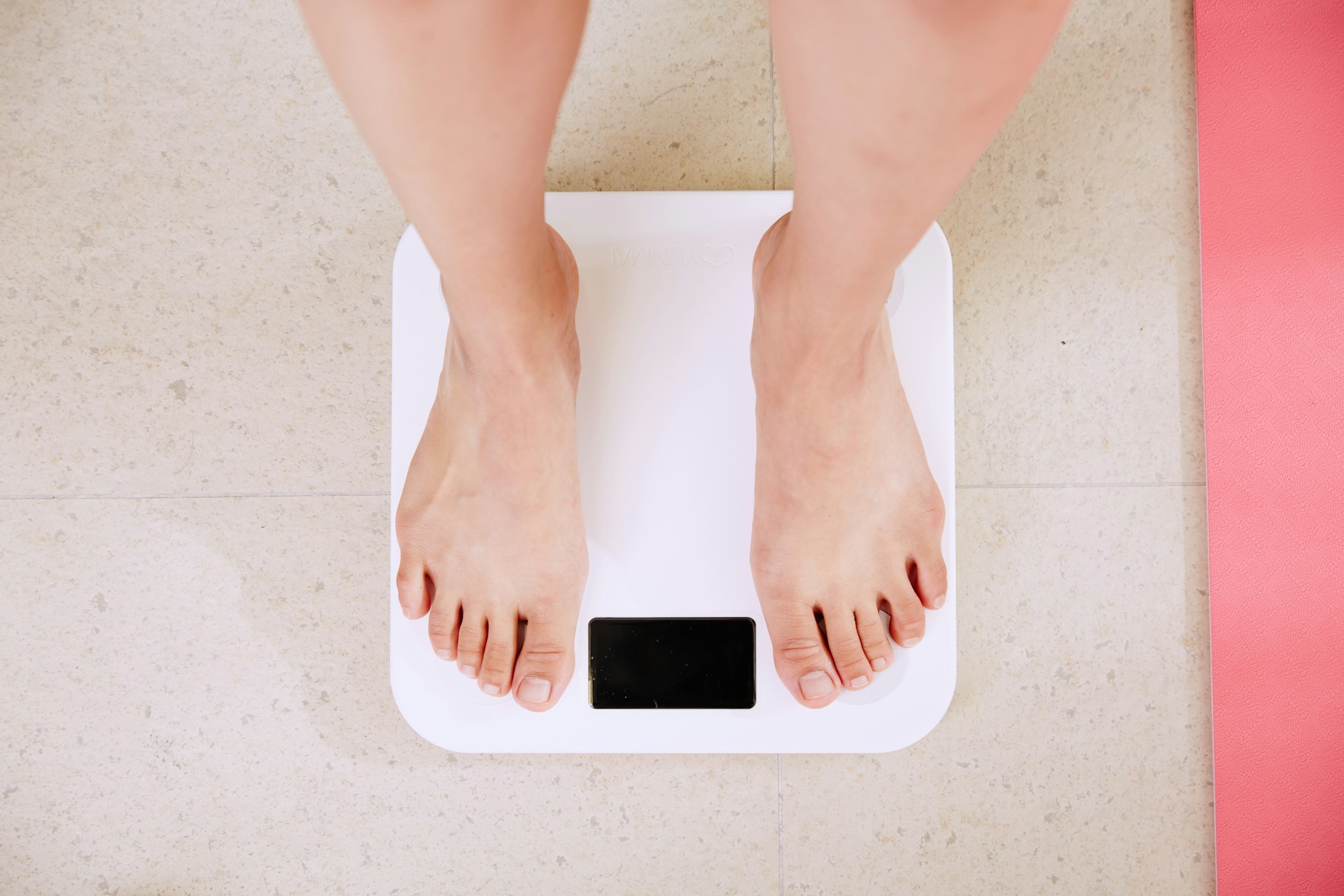Introduction
Starting a weight loss journey can feel like navigating a maze with no exit. With so much information out there—some of it contradictory—it’s easy to get lost. But here’s a surprising fact: the safest and most effective way to lose weight is not through extreme diets or intense workouts, but rather through simple, sustainable lifestyle changes. So, if you’re looking to shed some pounds without risking your health, let’s dive into some safe and effective strategies!
Understanding Safe Weight Loss
Before we jump into the tips, it’s crucial to understand what “safe” weight loss means. According to health experts, aiming to lose 1-2 pounds per week is considered healthy and sustainable. This gradual approach not only helps in maintaining muscle mass but also reduces the risk of regaining the weight later on.
1. Prioritize Whole Foods
One of the best ways to ensure you’re losing weight safely is by focusing on whole foods. These include:
- Fruits and Vegetables: Aim for at least 5 servings a day. They are low in calories and high in fiber, which helps you feel full.
- Lean Proteins: Incorporate chicken, fish, beans, and legumes into your meals. Protein keeps you satiated and aids in muscle preservation during weight loss.
- Healthy Fats: Don’t shy away from healthy fats like avocados, nuts, and olive oil. They can actually help you feel satisfied longer.
2. Stay Hydrated
Water is your best friend when it comes to weight loss! Drinking enough water can help curb hunger and boost metabolism. Try drinking a glass of water before meals; it can reduce your overall calorie intake. Plus, it’s a great excuse to take a break from that endless scroll on your phone! 📱💧
3. Move More, Sit Less
While diet plays a significant role in weight loss, physical activity is equally important. Aim for at least 150 minutes of moderate aerobic activity each week combined with strength training exercises twice a week. Not only does exercise burn calories, but it also boosts your mood—because who doesn’t love that post-workout glow? 💪✨
4. Mindful Eating
In our fast-paced lives, eating often becomes an automatic action rather than a mindful experience. Slow down! Chew your food thoroughly and savor each bite. This practice helps in recognizing when you’re full and prevents overeating. Plus, it gives you more time to enjoy that delicious meal!
5. Get Enough Sleep
Never underestimate the power of a good night’s sleep! Lack of sleep can disrupt hormones that regulate appetite, leading to increased cravings and potential weight gain. Aim for 7-9 hours of quality sleep each night—you’ll wake up feeling refreshed and ready to tackle the day!
6. Set Realistic Goals
Instead of aiming for drastic changes overnight, set small, achievable goals. For instance:
- Walk for 30 minutes every day.
- Replace one sugary drink with water daily.
- Add an extra serving of vegetables to your meals.
These small changes can lead to significant results over time without overwhelming yourself.
Additional Tips
| Tip | Description |
|---|---|
| Meal Prep Like a Pro | Preparing meals in advance can help you avoid unhealthy temptations. Dedicate time each week to cook and portion out healthy meals. This will save time and keep you on track! |
| Hydration is Key | Drink plenty of water throughout the day. Staying hydrated can help control hunger and improve metabolism. Aim for at least 8 glasses a day! |
| Cut Out Liquid Calories | Eliminate sugary drinks and high-calorie beverages from your diet. Opt for water or herbal teas instead to reduce calorie intake significantly. |
| Incorporate High-Intensity Interval Training (HIIT) | HIIT workouts can be very effective for burning calories in a short amount of time. Try alternating between intense bursts of activity and short recovery periods. |
| Focus on Strength Training | Include strength training in your routine at least 2-3 times a week to build muscle, which helps increase your resting metabolic rate. |
| Track Your Progress | Keep a journal or use apps to track your food intake and exercise. Monitoring your progress can help you stay accountable and motivated. |
| Set SMART Goals | Establish Specific, Measurable, Achievable, Relevant, and Time-bound goals to maintain focus and motivation throughout your weight loss journey. |
| Get Enough Sleep | Aim for 7-9 hours of quality sleep each night; poor sleep can lead to weight gain by affecting hormones that regulate appetite. |
| Find an Accountability Partner | Partner with a friend or hire a personal trainer to keep you motivated and accountable throughout your weight loss journey. |
| Practice Mindful Eating | Slow down during meals, savor each bite, and listen to your body’s hunger cues to prevent overeating. This practice can enhance satisfaction with smaller portions. |
Final Thoughts
Embarking on a weight loss journey doesn’t have to be daunting or unhealthy. By making simple adjustments to your diet and lifestyle—like prioritizing whole foods, staying hydrated, moving more, practicing mindful eating, getting enough sleep, and setting realistic goals—you can achieve your weight loss goals safely.
Remember: Weight loss is not just about looking good; it’s about feeling good too! So grab that water bottle, lace up those sneakers, and let’s get started on this journey together! 🥳🥗
By taking these steps, you’re not only working towards losing weight but also fostering healthier habits for life!

